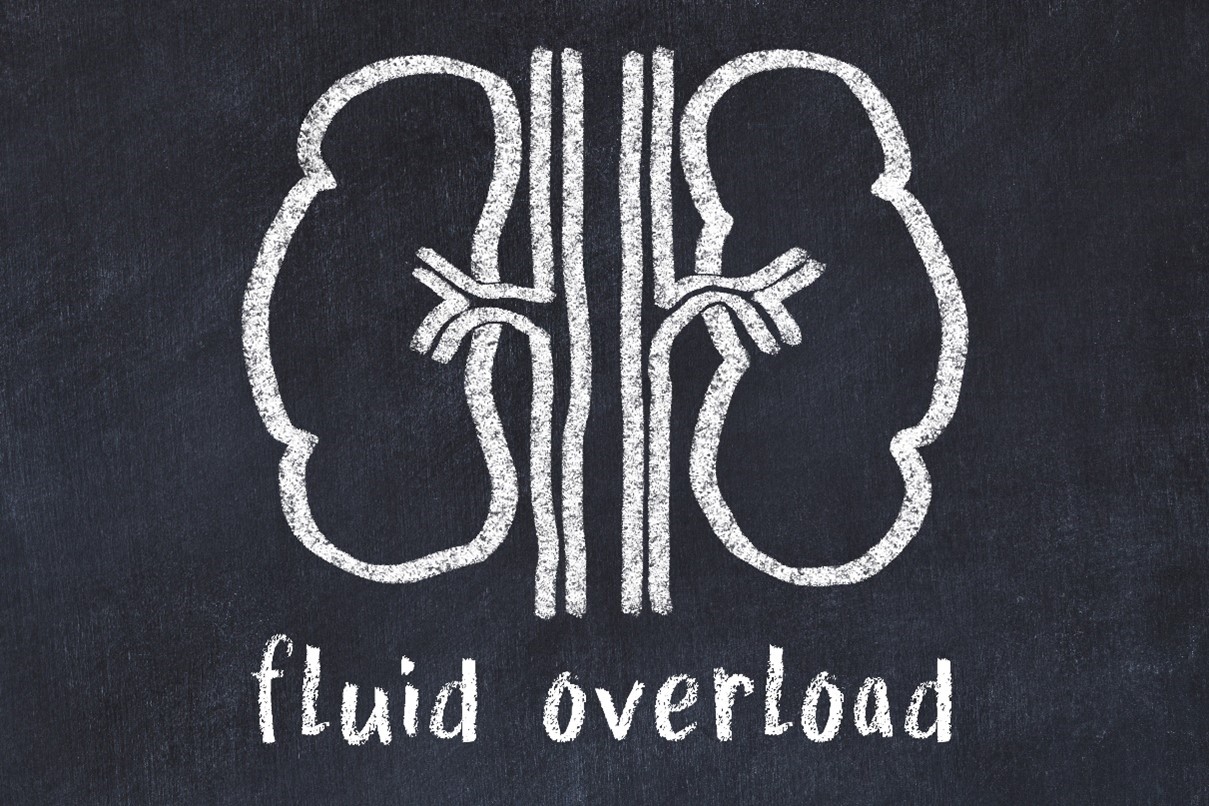
Fluid Overload and Enema
What is Fluid Overload (Hypervolemia)?
Fluid overload, also known as hypervolemia, happens when there is an abnormal build-up of fluid in the body. This condition can cause swelling, discomfort, and other health issues. It often results from an imbalance in fluid regulation, which can affect various systems in the body, including the kidneys, heart, and blood vessels.
How Common is Hypervolemia and Who is Affected?
Hypervolemia is a fairly frequent condition that can impact people of any age group. It is particularly prevalent among those with chronic conditions such as:
- Heart disease
- Kidney dysfunction
- Liver problems
- Certain medications
What are the Signs and Symptoms of Hypervolemia?
Recognizing hypervolemia early can make a significant difference in managing it effectively. Symptoms to watch for include:
- Swelling in the legs, ankles, or feet
- Puffiness in the face or abdomen
- Weight gain
- Shortness of breath
- Increased blood pressure
What Causes Hypervolemia?
Several factors can lead to fluid overload, including:
- Heart Failure: When the heart’s function is compromised, it can lead to a build-up of fluid in the body.
- Kidney Problems: When kidneys are not working properly, they may fail to remove excess fluid.
- Liver Disease: Liver issues can affect fluid balance in the body.
- Medications: Some medications can lead to fluid retention.
- Excessive Salt Intake: High sodium levels can cause fluid retention.
Why is Kidney Function Important for Fluid Regulation?
The kidneys are essential for regulating and balancing fluid levels in the body. They filter excess fluids and waste from the blood, regulate electrolytes, and ensure that your body’s fluid levels are stable. Proper kidney function is essential to prevent and manage fluid overload effectively.

How is Hypervolemia Diagnosed?
Diagnosis of hypervolemia typically involves:
- Medical History Review: Your doctor will discuss your symptoms and medical history.
- Physical Examination: Your doctor will check for signs of swelling and other symptoms.
- Blood Tests: To assess kidney function and electrolyte levels.
- Imaging Tests: Such as ultrasound, to evaluate the heart and kidneys.
Can Hypervolemia Lead to Other Conditions?
If left untreated, hypervolemia can contribute to:
- Increased Blood Pressure: Which can strain the heart and blood vessels.
- Worsening Heart Failure: Fluid build-up can exacerbate heart problems.
- Kidney Damage: Prolonged fluid overload can impair kidney function further.

How is Hypervolemia Treated?
Treatment for hypervolemia often includes:
- Medication: Diuretics to help remove excess fluid.
- Lifestyle Changes: Reducing salt intake and managing fluid intake.
- Monitoring: Regular check-ups to manage and adjust treatment as needed.
- Addressing Underlying Conditions: Treating conditions like heart or kidney disease.
What is the Outlook for Hypervolemia?
With proper management, the outlook for hypervolemia is generally positive. Treatment can effectively control symptoms and address underlying causes, helping to restore balance and improve quality of life.
How Long Does Hypervolemia Last?
The length of time hypervolemia persists can differ based on its underlying cause and how well the treatment is working. It can be managed effectively with proper care and lifestyle adjustments.
When Should I See My Healthcare Provider?
Consult your healthcare provider if you experience:
- Persistent swelling
- Shortness of breath
- Rapid weight gain
- Uncontrolled symptoms despite treatment
When Should I Go to the Emergency Room?
Seek emergency medical attention if you experience:
- Severe shortness of breath
- Significant chest pain
- Extreme swelling or sudden weight gain
- Difficulty breathing
What Questions Should I Ask My Doctor?
When discussing hypervolemia with your doctor, consider asking:
- What is causing my fluid overload?
- What treatments are available for my condition?
- How can I manage my symptoms at home?
- Are there specific lifestyle changes I should make?
- How often should I have follow-up appointments?
Nephrologists (kidney doctors) help patients with fluid overload regardless of whether the fluid overload is due to the kidneys or due to another organ, such as the heart or liver.
At Clinical Renal Associates, we are dedicated to providing comprehensive care and support for managing fluid overload and edema. Our team of specialists is here to help you navigate your health journey with confidence and comfort. If you have any concerns or need assistance, don’t hesitate to reach out to us. We are committed to guiding and supporting you throughout your entire health journey. Request an appointment with our top-rated providers today.
